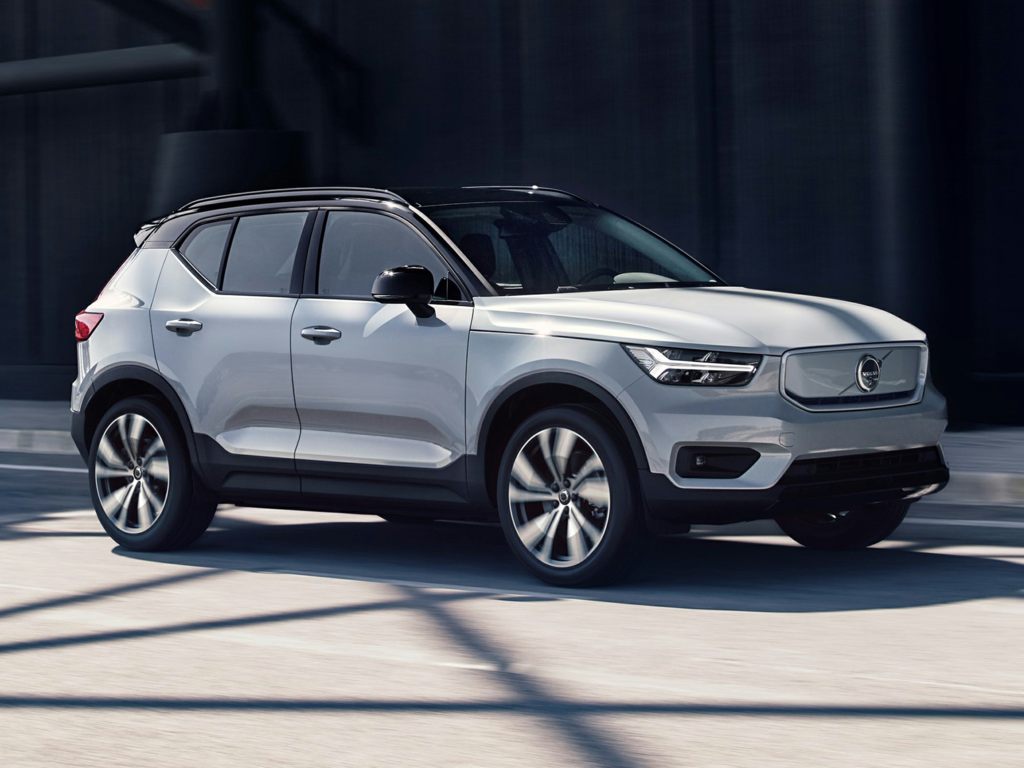In a surprising move, Volvo announced that it will transition its sales offerings entirely to electrics by 2030 (no ICEs or hybrids after that date), and that it will sell the electrics online only. This online-sales only announcement is a surprise because Volvo has an established car dealer network (though the nearest to the Four Corners is Corley’s Volvo Cars in Albuquerque) and a majority of states prohibit non-dealership sales of new cars. My source is an AP wire report Mar 2, 2021 by Matt Ott (accessed from Greenwire – eenews.com – which is unfortunately behind a paywall).
Volvo did promise that dealerships “…will remain a crucial part of the customer experience and will continue to be responsible for a variety of important services such as selling, preparing, delivering, and servicing cars. However, a Four Corner’s buyer would be inclined to take purchase locally, and seek service locally, rather than have to return a potentially disabled car to Albuquerque for routine service.
The prevailing business model for car sales is that new cars are sold with minimal profit in exchange for creating a captive audience of owners beholden, or at least greatly encouraged, to use the dealership for highly lucrative service. This business model is under threat from EVs, both because so many upstarts (Tesla, Rivian, etc.) are not following the plan, and EVs themselves need very little servicing.
In response to previous economic threats to dealerships, several states, including Colorado and New Mexico, have restrictions or total bans on the non-dealer sales of new cars. Colorado recently amended its laws to allow several additional manufacturers to permit in-state sales of cars without dealers (Tesla has a dealership in Denver and is therefore exempt). Volvo’s plan may run afoul of the dealership-protection laws in some states.
In addition to shaking up the business relationship between manufacturers and dealerships, Volvo’s push into EVs is startling in its ambition. Volvo has stated that it expects 50% of global sales to be fully electric by 2025 (US sales of pure electrics are about 2% now; about 100,000 of Volvo’s global sales of about 600,000 vehicles per year are in the US). Volvo’s first entry into the all-electric field, the XC-40 Recharge (crossover SUV) is currently held up in ports of entry, as an essential software update is needed before they can be sold to the public. That hiccup aside, Volvo is getting good technical reviews for their EVs.
Although Volvo’s timeline for the phase-out of ICE (internal combustion engine) cars is among the most aggressive of the major manufacturers, others are not far behind. BMW expects 50% of its global sales to be all-electric vehicles by 2030 (versus 2025 for Volvo). BMW has not announced a date for completing the phase-out of ICEs; they expect to sell hybrids for some time. GM is more aggressive for the end of the phase-out of ICEs (2035), but GM expresses it more as an aspiration than a commitment. Jaguar, on the other hand, has promised the earliest phase-out (2025), but of course, if you could afford a Jaguar, why would you settle for anything less than an electric.

